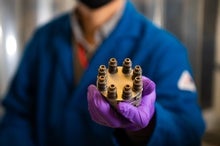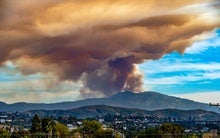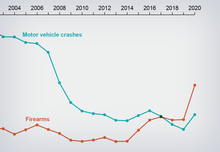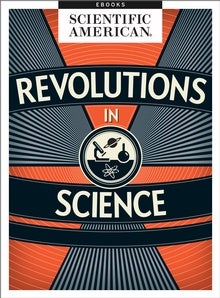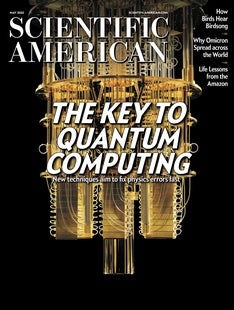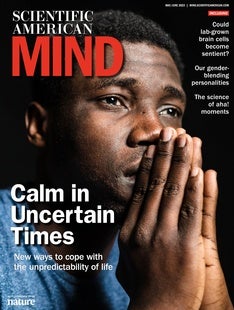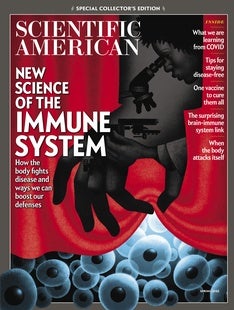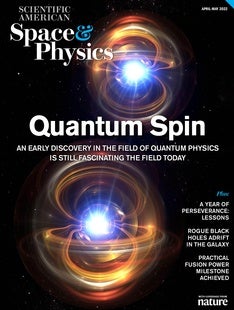 |
| May 10, 2022 |
Dear Reader,
As a severe heat wave smothers South Asia, the need for air conditioning is greater than ever. In fact, researchers argue in this week's featured story, "the coming boom in air-conditioning is an essential shift toward reducing the enormous gap in cooling availability that exists between rich and poor people and nations—and toward producing a more equitable world." |
| | Sophie Bushwick, Associate Editor, Technology
| |
 |
| |
| |
| |
| |
| Artificial Intelligence How Language-Generation AIs Could Transform Science An expert in emerging technologies warns that software designed to summarize, translate and write like humans might exacerbate distrust in science | | By Richard Van Noorden,Nature magazine | | | |
| |
| |
| |
FROM THE STORE
 | | Revolutions in Science Normally science proceeds in incremental steps, but sometimes a discovery is so profound that it causes a paradigm shift. This eBook is a collection of articles about those kinds of advances, including revolutionary discoveries about the origin of life, theories of learning, formation of the solar system and more. *Editor's Note: Revolutions in Science was originally published as a Collector's Edition. The eBook adaptation contains all of the articles, but some of the artwork has been removed to optimize viewing on mobile devices. |  | | |
| |
FROM THE ARCHIVE
 | | | |
LATEST ISSUES
 |
| |
| Questions? Comments?  | |
| Download the Scientific American App |
| |
| |



